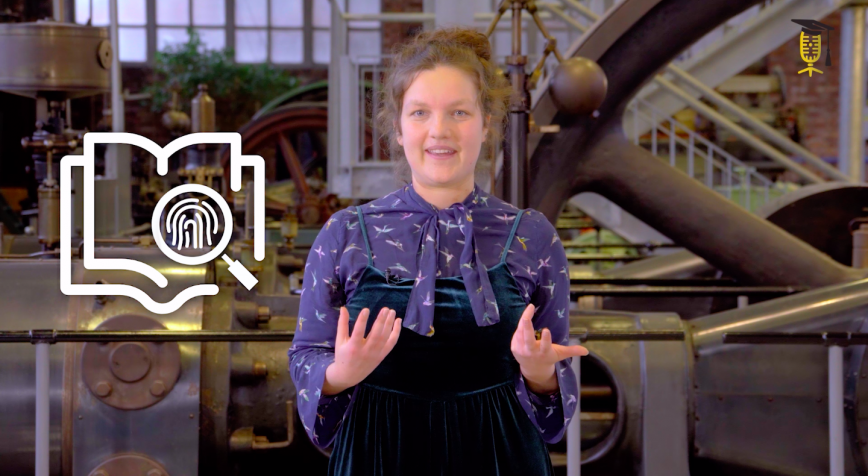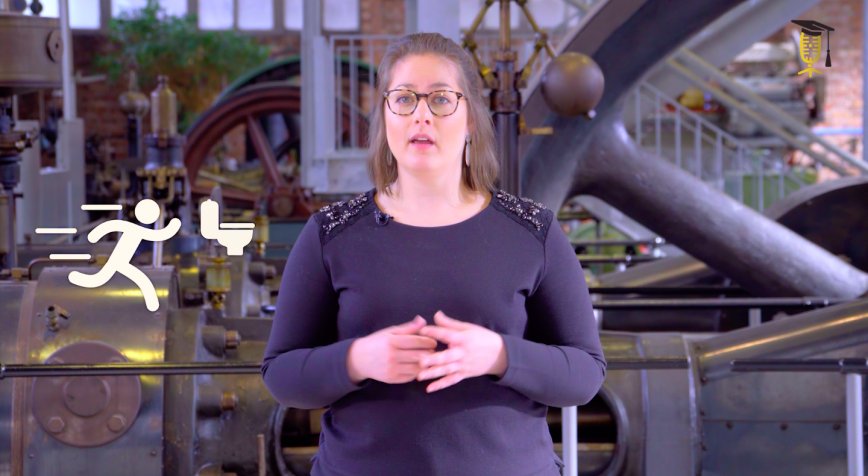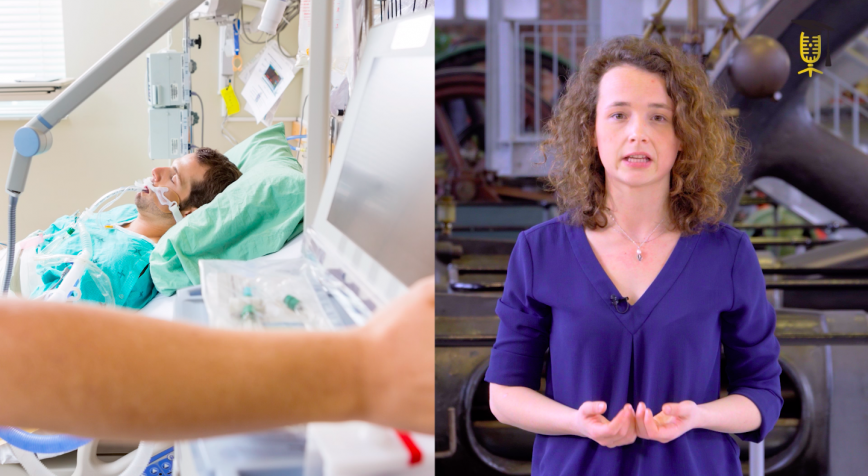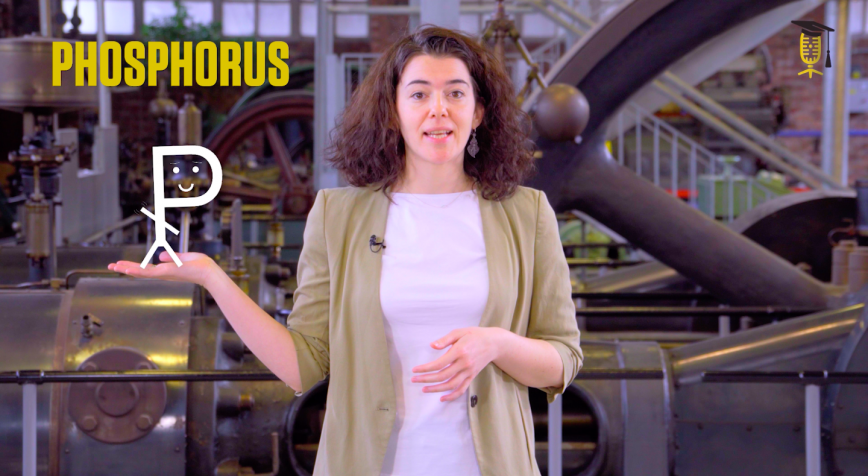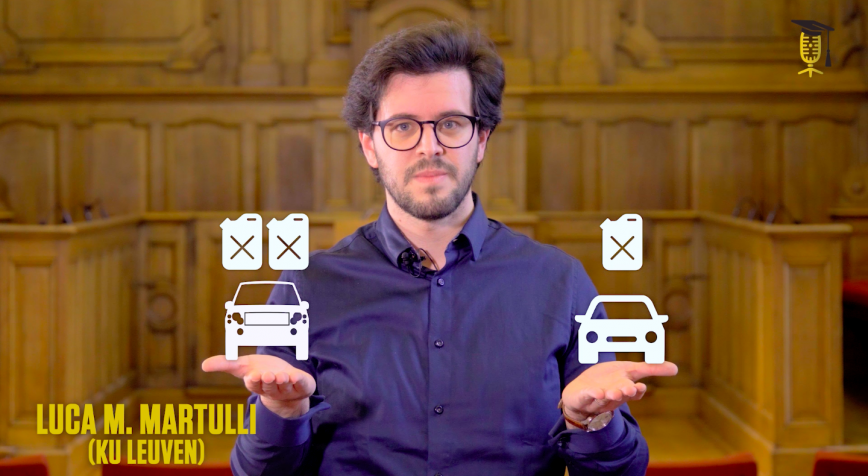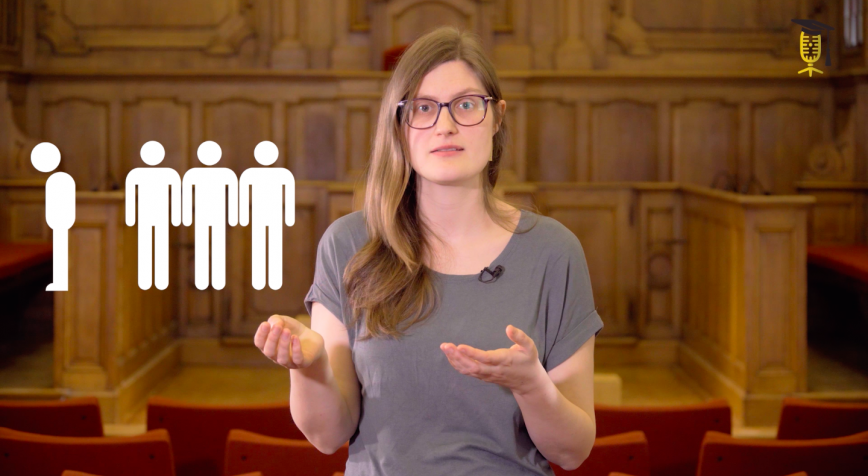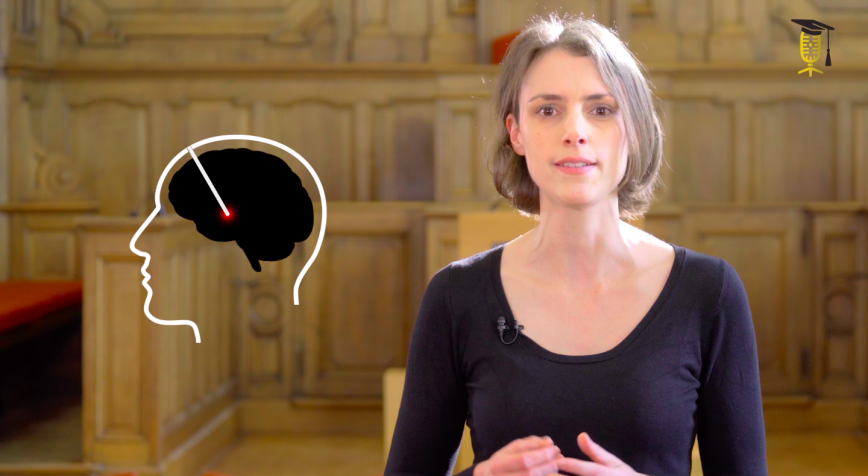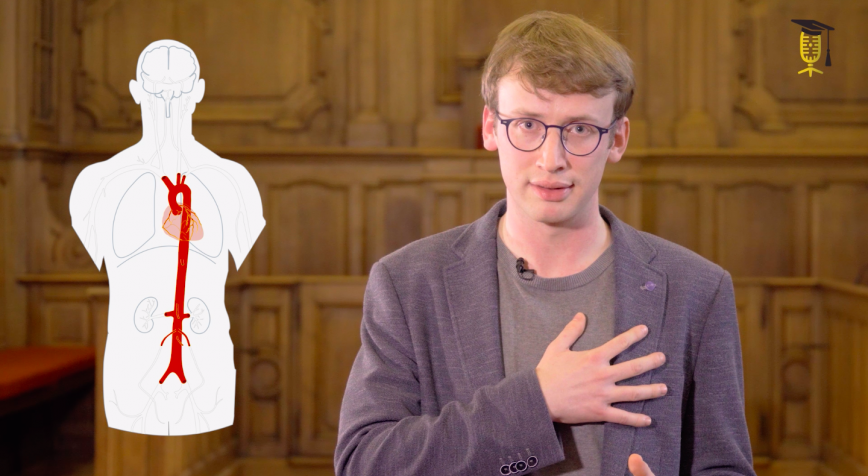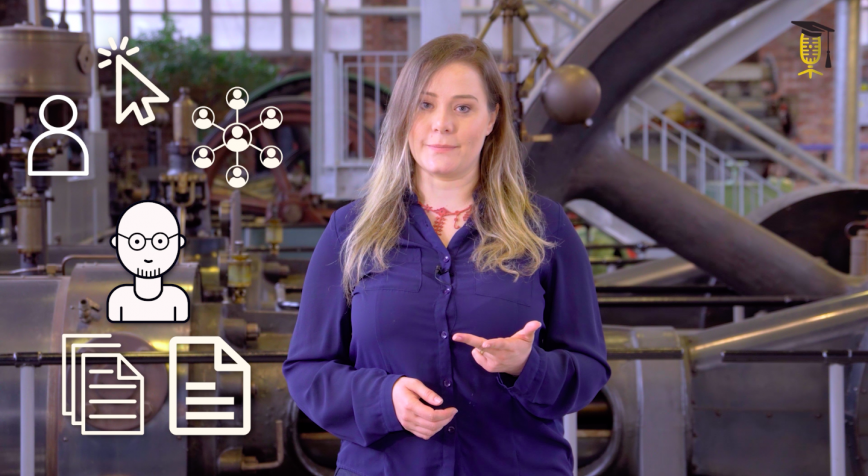
KU Leuven
Recommendations in Academic Social Networks
We don't know enough about the algorithms used by Academic Social Networks and how they recommend to researchers which papers to read and which scientists to follow. What if these algorithms are unknowingly influencing researchers' activities, and in a way steer what they should work on next?
